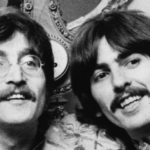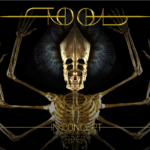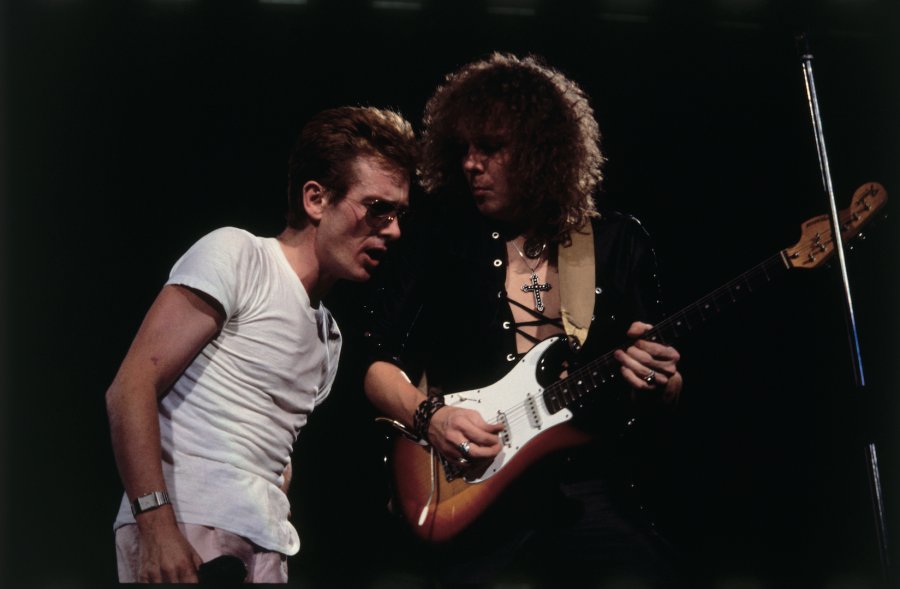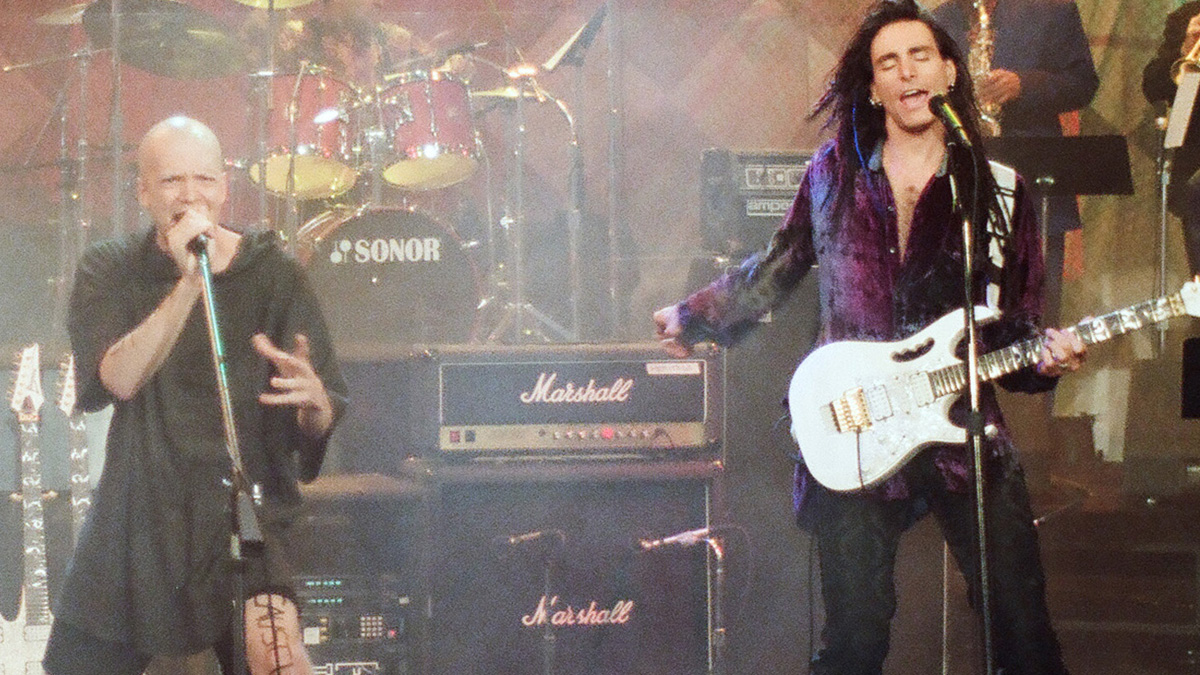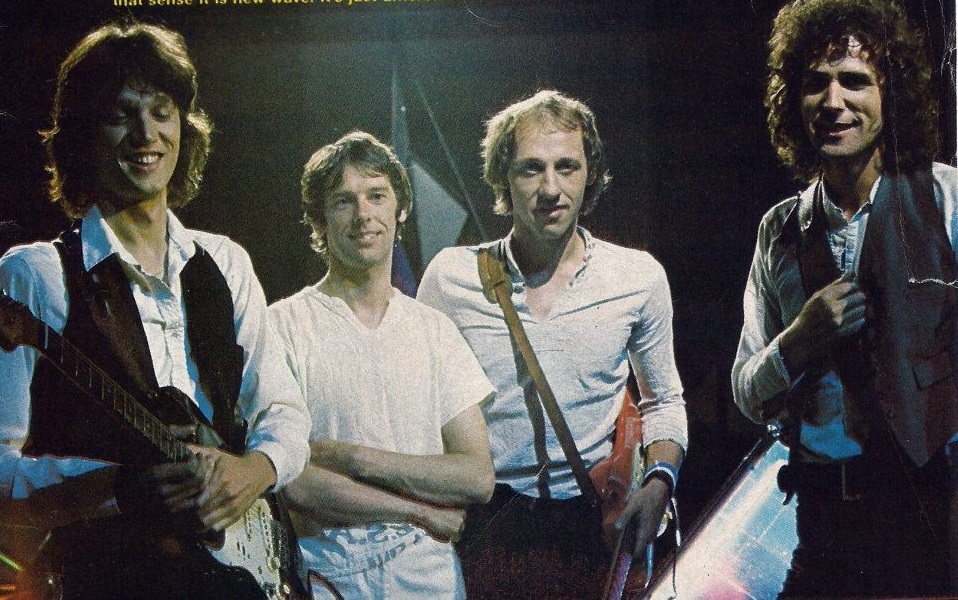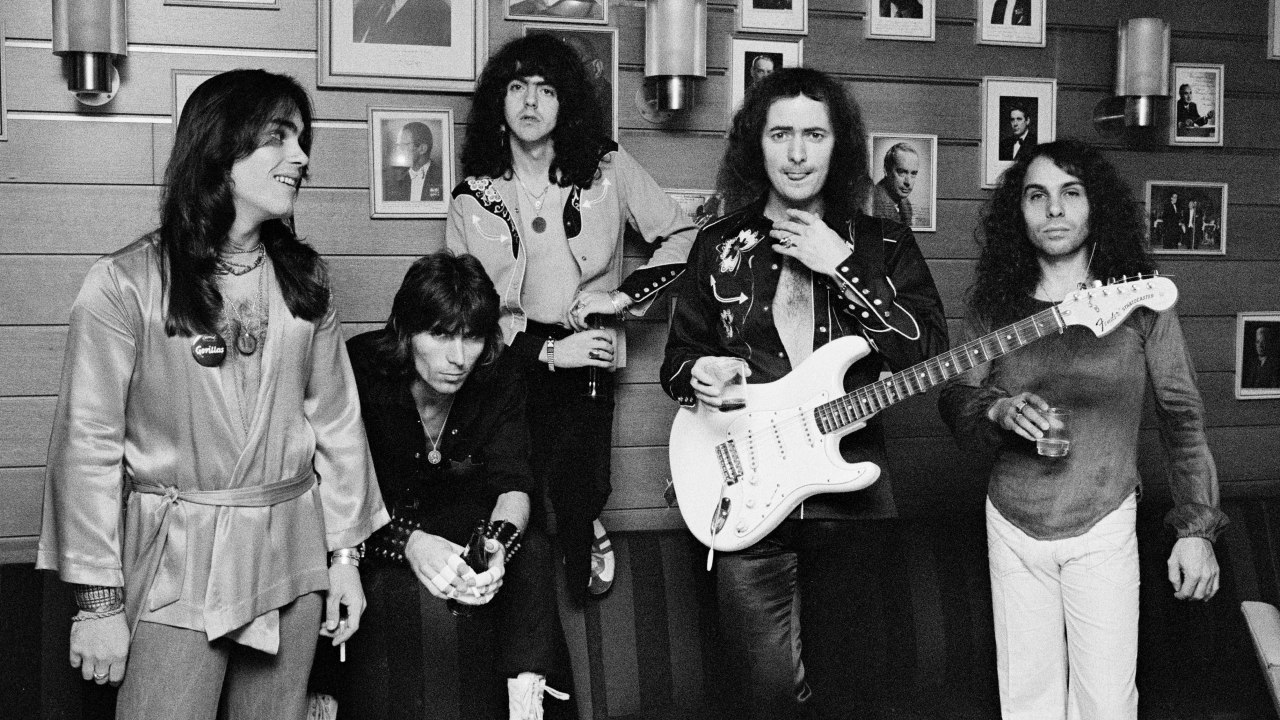Exploring the Musical Journey of Lou Reed
In this exclusive interview, the late Lou Reed, iconic musician and songwriter, shares his thoughts on the essence of music, his early experiences with guitar, and the profound impact of sound on his life. Join us as we delve into Reed’s unique perspective on music, his unorthodox approach to playing the guitar, and his deep appreciation for the power of sound. From his humble beginnings to his enduring legacy, this interview offers a rare glimpse into the mind of a musical legend.
The Melodic Passion: Lou Reed’s Early Encounters with Music
Lou Reed’s affinity for music began at a young age. Despite not receiving formal training, he discovered his love for the guitar at the age of nine. Working in the forest and tending to chickens on a farm provided him with the means to purchase a guitar. With sheer determination and a rock and roll spirit, Reed taught himself to play, relying on his instinct and an unwavering passion for the instrument. While traditional music education wasn’t part of his journey, he embraced the raw simplicity of rock and roll, emphasizing the importance of just three chords.
The Harmonic Quest: Lou Reed’s Fascination with Sound and Tuning
For Lou Reed, the magic of music resided in the nuances of sound and tuning. He understood the significance of finding the right balance and clarity in the composition. From the resonating bass of hip-hop to the intricate melodies of Beethoven, Reed recognized that every musical genre had its own distinct requirements. Over the years, he developed a keen ear for identifying missing frequencies and fine-tuning his guitar to achieve the desired sound. Embracing technological advancements, Reed’s pursuit of perfection led him to continually adapt and explore new possibilities in the realm of sound production.
The Rhythmic Soul: Lou Reed’s Profound Connection with Sound
To Lou Reed, sound was more than mere noise—it was the very essence of life. He likened the experience of sound to a dress for the soul, captivating and deeply affecting. Reed acknowledged the remarkable capabilities of human ears and their ability to perceive the approach of unseen objects or the subtle rhythms within our bodies. From the rhythmic familiarity of a mother’s heartbeat to the melodic symphony of nature, Reed recognized the power of ordered sound and its ability to resonate with our emotions. For him, music was not just a career but an intrinsic part of his existence, transcending the boundaries of perception and connecting him to the world in a profound way.
Lou Reed’s Musical Legacy and the Power of Sound
Lou Reed’s final interview sheds light on his profound relationship with music and sound. As a self-taught musician, Reed’s unorthodox journey showcased the importance of passion and self-expression. His relentless pursuit of harmonious compositions and his deep appreciation for the intricacies of sound left an indelible mark on the music industry. Lou Reed’s legacy serves as a reminder of the transformative power of music and the enduring impact it can have on our lives. His words continue to resonate, reminding us that music is not just a collection of notes but a gateway to our deepest emotions and connections.


